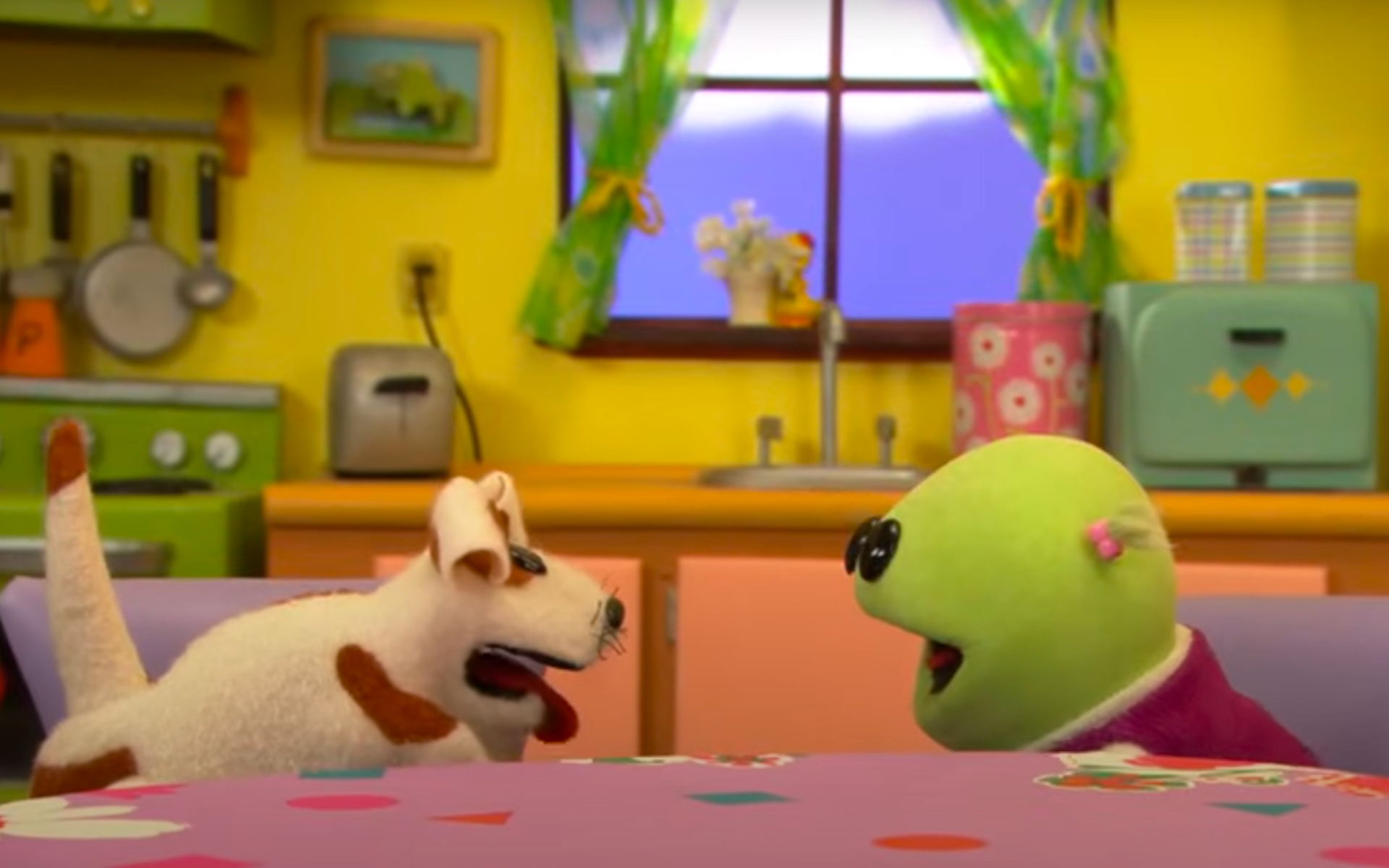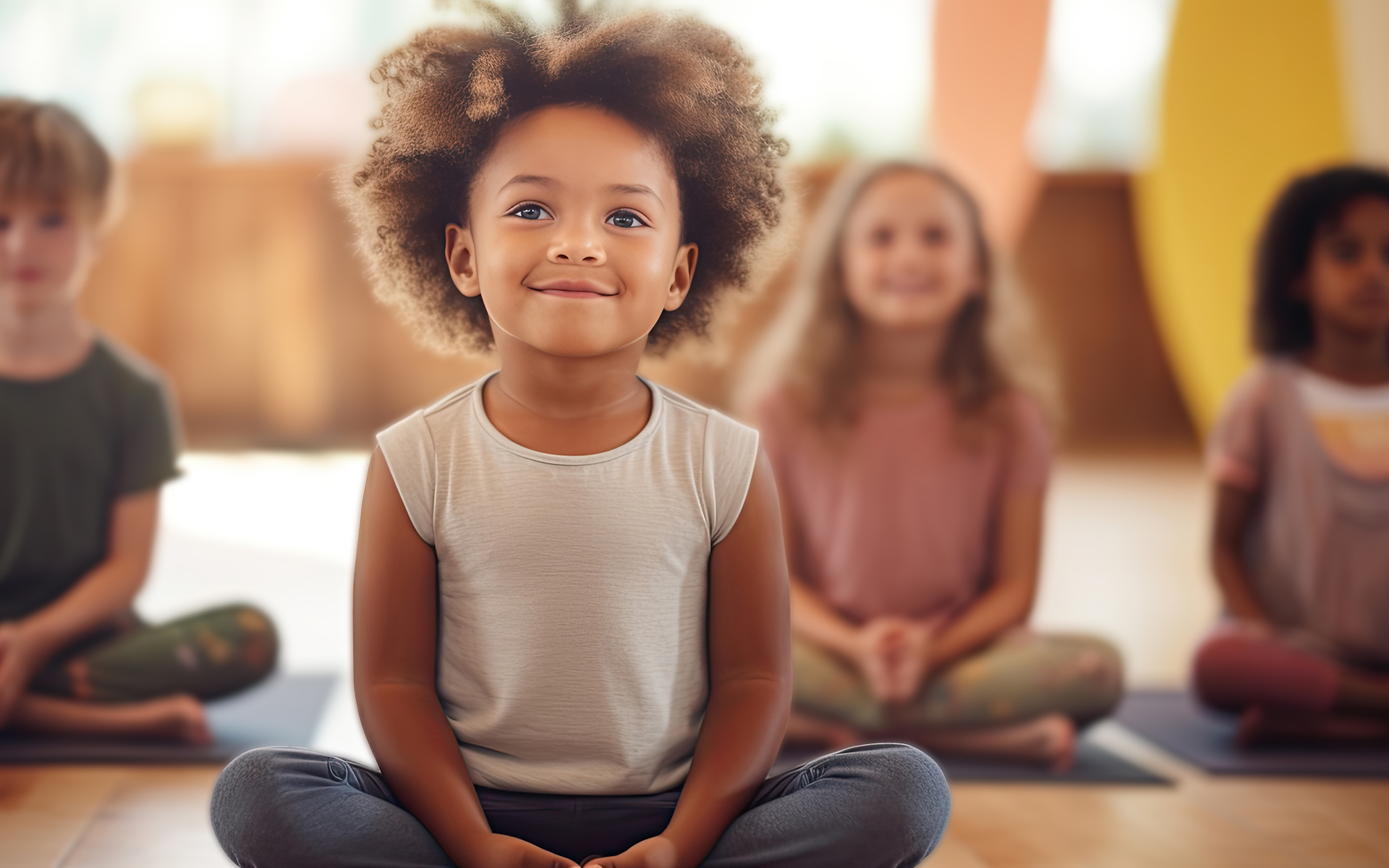Why are people mean to each other, especially kids? This question has been on my mind lately because of two conversations with teenagers who dread going back to school this fall. Both are attractive, smart, and funny young women. They live in different parts of the country and are at opposite ends of the socio economic ladder. Despite their differences they have a lot in common, including their reaction when I asked whether they could avoid the mean kids at school and seek out friends who are kind: They laughed. These girls remind me of the narrator in David Foster Wallace’s iconic novel Infinite Jest, who lists about ten pages of “exotic new facts” that he learned after spending time in a substance recovery facility. One of those facts is that “there is such a thing as raw, unalloyed, agendaless kindness.” The passage stays with me because of its incredulous tone that suggests kindness without an agenda is surprising. That tone was echoed in my conversations with these teenagers.
It turns out that the narrator and my two high school friends aren’t the only ones who feel this way. A recent study looking at the effect of random acts of kindness on both the giver and receiver found that many are suspicious of kind gestures. When met with kindness people often wonder, “What do they want from me? What’s his or her agenda?” If you’re one of the countless people in this world who don’t think that being kind is that big of a deal and just like acting that way, the good news is that it doesn’t matter much if the receiver is welcoming or suspicious of your kind gestures. Emerging research in the areas of positive psychology and altruism indicate that spontaneous acts of kindness are good for the health and well being of the giver, regardless of the receiver’s mindset. For instance,
- Kindness connects us with others in our communities and often we begin to see positive qualities in those to whom we’re kind that we haven’t seen before.
- Kindness boosts our image of ourselves, as we tend to see ourselves as altruistic and generous.
- Kindness can ignite a chain reaction of kindness. Our acts inspire others to be kind as well.
Genuine kindness—the kindness that David Foster Wallace describes as raw, unalloyed, and agendaless—requires us to focus on the goodness and wisdom of what we’re doing rather than on the result. The less we focus on the result the better we tend to feel. Coincidentally, that’s another of the exotic new facts discovered by the narrator in Infinite Jest:
“That if you do something nice for somebody in secret, anonymously, without letting the person you did it for know it was you or anybody else know what it was you did or in any way or form trying to get credit for it, it’s almost its own form of intoxicating buzz.”
Acts of raw, unalloyed, agendaless kindness needn’t be grand or flamboyant. The most powerful ones often seem small and are targeted to help someone else with something specific: Offering jumper cables to a stranger whose car battery needs a charge, for instance, or helping another passenger lift a heavy bag into the overhead bin on an airplane. We can integrate spontaneous acts of kindness into every day of our lives, but like everything else, it sometimes takes a little practice.
If you’re looking for ways to practice this in groups you work with, check out Susan Kaiser Greenland’s website for the “Secret Friend” practice posted in the How-To Section.
Susan Kaiser Greenland is author of The Mindful Child and founder of Inner Kids.
This post originally appeared on Susan Kaiser Greenland’s website. To read the original post, click here.







